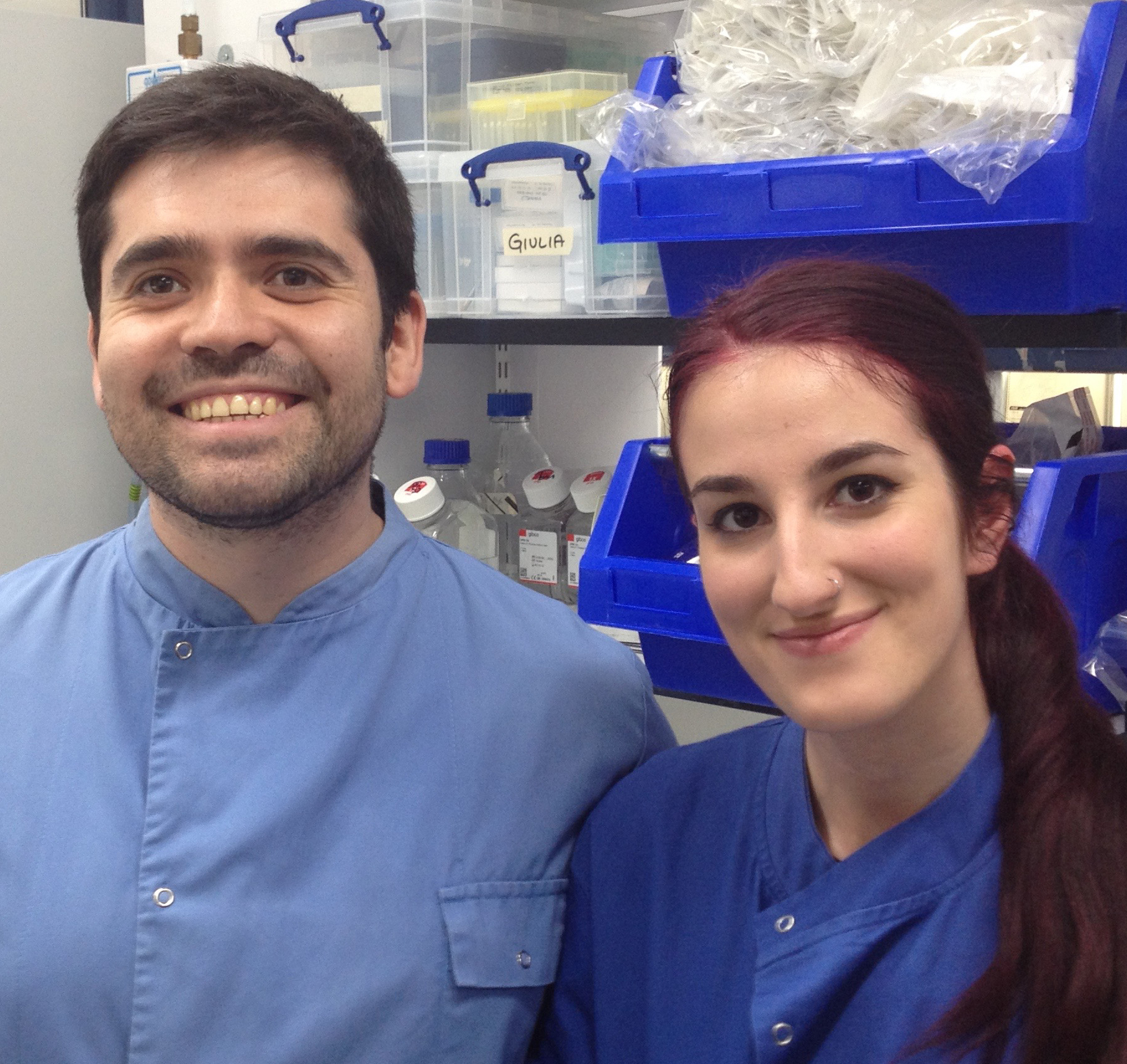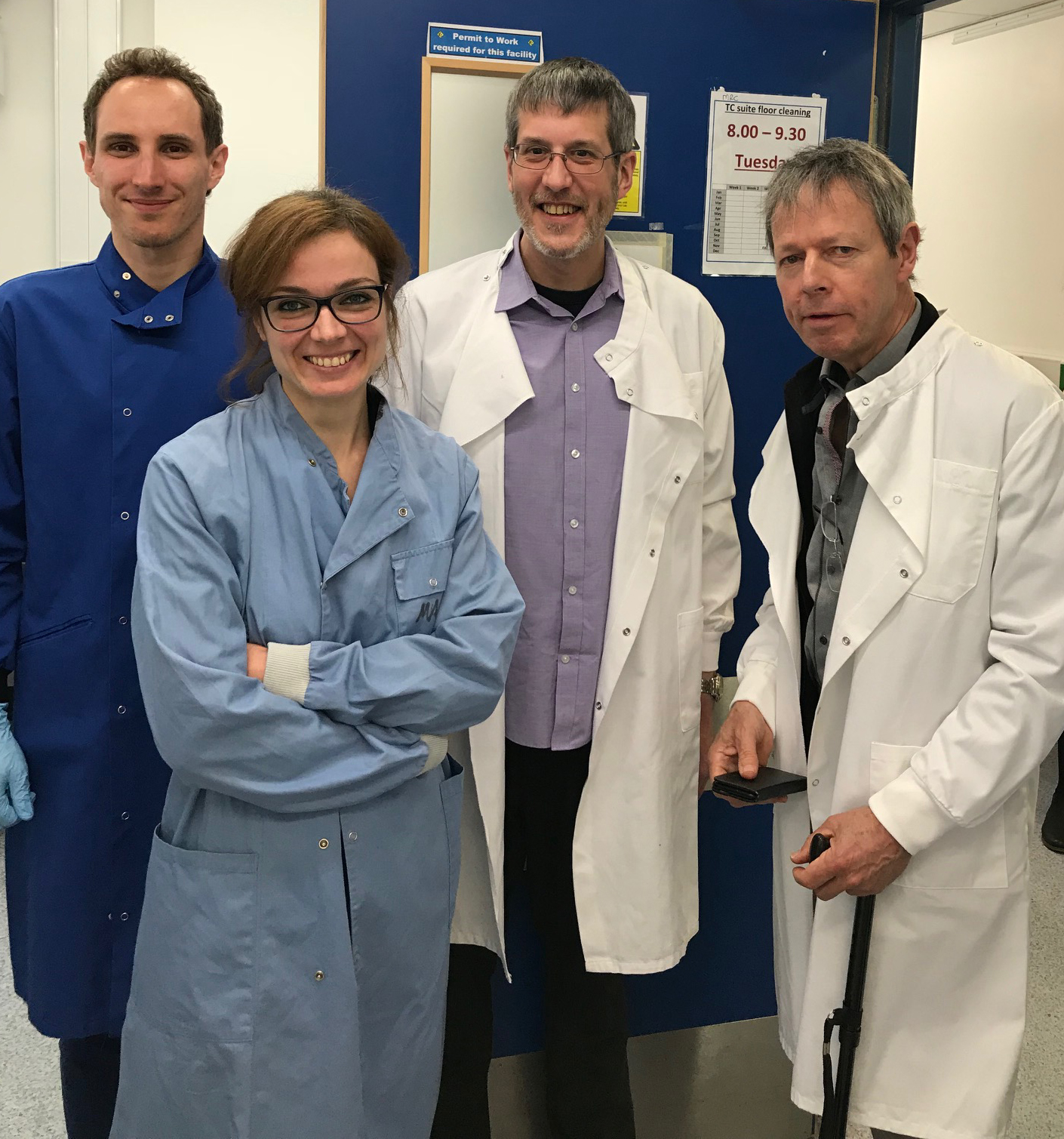News
Missense mutations that induce hyper-activation of the LRRK2 protein kinase cause autosomal dominant Parkinson’s disease. LRRK2 phosphorylates a subgroup of Rab GTPases within their Switch-II effector binding motifs that impacts on their ability to associate with critical effectors.
…more
Following his recent Senior Investigator Award of £2.3million from the Wellcome Trust, Philip Cohen has now been awarded a new Programme Grant of £1.6 million from the Medical Research Council.
…moreNew research by Greg Findlay’s group in the MRC PPU has made progress in understanding the fundamentals of intellectual disability, a developmental disorder thought to affect 1-2% of the world’s population.
…moreDr Virdee and colleagues in the Medical Research Council Protein Phosphorylation and Ubiquitylation Unit (MRC PPU) have discovered a novel class of E3 ligase. The E3 ligase, MYCBP2, operates in a unique way, selectively transferring ubiquitin to non-lysine amino acids with selectivity for threonine.
…moreLocal fundraiser Marc van Grieken so enjoyed his recent visit to the MRC PPU he returned this week, bringing friends and family along with him to learn more about our ongoing research into Parkinson's disease.
…more
Ever wondered what the inside of a lab looks like? We’ll be hosting an open day on Saturday 16 June so please join us to explore the world of medical research.
…more
In a paper just published in Molecular Cell, Dominka Kwasna from Yogesh Kulathu’s group at the MRC PPU, in collaboration with Ian Gibbs-Seymour at the University of Oxford, reports the discovery of a completely new class of enzymes that is important for protecting the cell’s DNA from damage.
…moreThe Wnt signalling pathway plays fundamental roles in shaping developing embryos and controlling cell fate in adults. Mutations that cause slight alterations in Wnt signalling are associated with developmental defects as well as a myriad of diseases, such as cancer.
…more



![A possible mechanism by which the VPS35[D620N] mutation promotes Parkinson's Disease](/sites/default/files/articles/VPS35.jpg)




